Issue 10: Compulsory Party / Passive Aggressive
IBRAHIM MAALOUF
PHOTOGRAPHY BY RICCARDO MERONI
INTERVIEW BY MATTHIEU JULES
Early December 2015, while Paris was just beginning to “come to life” in a somewhat unusual atmosphere, we met the French musician.
The magic of your music is that it leads us deep into our inner-self. While being very lively, social, directed towards others. Do you feel that?
I do not know if I feel what the people listening feel. But by creating this music, it is evident that I am revealing myself very sincerely, very spontaneously, and as completely transparent. I do not hide what I am. And my relationship with others is connected fundamentally to what they are. And what I am is related entirely to that. Therefore I am constantly open to others. And to all that I am not familiar with. Therefore I imagine that it is true.
Is diversity, multiculturalism, at the foundation of your art?
Completely. I thank you for using these terms that are not noticeably fashionable at the present time.
Your music transcends all genres. With which artists have you explored the most, which motivates you musically?
At the outset of the musical exchanges that I was able to participate in (during the early 2000s), after finishing my studies, when I began to meet musicians, I crossed paths with Lhasa de Sela. And this meeting was extraordinary. She is the one that guided me toward a form of truth and sincerity in my intentions. She succeeded for herself in creating an environment and a musical world that resembled her alone. It is in this music that I found my place. Because in fact, being a traveller, she had integrated into her identity (that is your first question), all these cultures that she had encountered. All these different, multiple identities that she came across. That became a part of her.
A type of absolute that you really hear, that immediately grabs your attention. A consistency is also felt with your approach.
That spoke to me right away. She really woke me up to that. She is the one that gave me this first impetus, to go as deeply as possible into what I truly felt like saying. From this moment my intention was sincere and I was going to really search for all these multiple identities that form me. Like everyone: we all have this multicultural nature, even the most... I say it with inverted commas, because it is an expression that consciously annoys me: “les français de souche” (“the ethnic French”) for example, also have in themselves countless multicultural traits. Would it not be the history of their ancestors that have certainly travelled as well. Because nobody is truly from one particular place. We are all travellers. Therefore there are these inspirations there that are with Lhasa at any rate, so many riches and pretexts to create.
What was the exchange between you? Was it creative and directly related to music?
Yes, and evidently human.
What do you find in these depths and this rhythm? Do you have mystical connections with Sufism through your music? What is your attachment to the sacred?
I have a lot of fondness, admiration and recognition for all forms of spirituality. The sacred interests me, but I do not sanctify it. I have always liked pious individuals. I have always liked the faith that is displayed by believers. I was never educated in religion. I was not at all involved in it. And as a result, I developed a form of spirituality as well, but agnostic. And I actually became an agnostic (not a fundamentalist) [laugh]. And in my work, I am very attached to the freedom to believe.
Occasionally in your creations, are you into repetitive things like that? Do you enter into a sort of trance?
Yes. Completely. But it is not related to Sufism, to a particular religion, or writings. There is no liturgy in what I do.
Do you like circular, repetitive effects? And becoming lost? Listening to you, a sort of incantation is heard, often combined with a progressive rhythm almost leading to a trance.
At any rate, I love becoming lost on these creative paths. That is for sure. And the only thing that enables me to find my way back when I am lost, that brings me back to a kind of secure path, in order to avoid doing just anything, is this repetition. I find myself frequently in this trance.
You allow yourself rightly to be in this state of freedom. You have formal training. Are you speaking to us about improvisation which is very important
to you? That which you perform and broadcast?
The development of a personal language for artists through this practice. In fact, I believe that it is very close to what we were in the process of telling ourselves. It is not easy to explain.
Are you fighting for improvisation in the conservatories?
Well we have improvisation in conservatories. It is still a theme that has been present a very long time. I think that it has been about forty years that people have been campaigning for it to be taught in the classical conservatories. But it is true that a lot of time has been devoted to this.
Has improvisation also appeared on your tracks?
Improvisation is at the foundation of my work. My tracks are all born out of improvisation. I always improvise them at the outset.
When you play them, do you transform them?
Well when I play them, that depends. There are certain tracks that I am going to really feel like playing as they are. Because these are tracks that I am pleased with just the way that I put them together. And I feel like hearing them as well as playing them as they are. A little like a song, there you have it. When someone writes a poem, and you sing the words, the singer is going to sing the words that are written. He is not going to have fun inventing things. It is because we like that. But on the other hand, in instrumental music, there is a kind of freedom that I also like, that involves taking a melody, a scale (or not, occasionally with nothing at all), and to completely free myself from it.
On stage, rightly, there is this freedom to extend the track, to go further into the songs, to maintain the sound, to not stop, and to go to greater lengths.
Yes. Afterward, that just depends on the tracks, the type of concert, and the programme that you are supposed to play, etc... Therefore if for example the programme is a specific album that you feel like playing as is, to present it faithfully as is, and that you feel like improvising obviously a bit (but you have chosen to remain faithful to it in its entirety), you are not going to have fun by opening it all up and breaking the album’s mould. And then going off into other directions. Or then in this case, I would be a punk rocker! Therefore I try at the very least to remain faithful to the direction. By contrast, there are concerts where you say to yourself: here we go, on this programme, I will go off in every direction. We produce everything that comes to mind, and we try to do it well.
Is jazz your influence in particular? Or does it come from elsewhere?
It is neither jazz, nor oriental Arab, nor classical. It is just a willingness to not lose sight of the fact that all options are possible. For example, in this interview, you ask me a question. You wrote about twenty questions. You are crossing them out one by one, in the order that you asked them. But if anything, at any given time, I am going to speak about a certain point, and you are going to change the subject, thus moving on to the question that is the furthest away... Ah, there are a lot more than 20! [laughs] You are going to choose that question, because that is going to allow you to start over. All of a sudden, from this one, you are going to go back to that one. And then so on... Actually, it is not going to be in order. And that’s it, all the options. There are others that are possible. All of a sudden, you may have written around fifty questions, and then it happens that there is one that you did not write, but that you are going to ask me anyways, because you are saying to yourself “okay, with respect to what he is telling me, there is still an interesting point I had not thought about”. And then, you are going to bounce back to it. That is what is going to make our conversation interesting.
Do you like offbeats?
I am going to finish with that. There was a setback there. [laughs] With respect to the idea, really, it is due to this transparency that I still know the public that comes to see me in concert well enough. And the people that support my albums, that follow me. Therefore I have the feeling that I cannot get there like that, this way, and say: “come on guys, we are going to improvise a certain point. It is going to go well”. No, there is still respect. I owe this consideration to the people that come. Therefore I try to create for them and put into effect an intention that makes sense. There we go. After the improvisation, it also makes sense, because the spectators respond to it. You asked me if I feel this difference between the moment where something is played that is prepared, and the moment when it is improvised. Do I feel it? Yes, because people actually express themselves. They really react. There are even people that call out to me in concert. Therefore we are completely connected. We are together. It is not just me performing, and the public seated there watching me. We are all spending a moment together. And that is the offbeat. Beat offbeat.
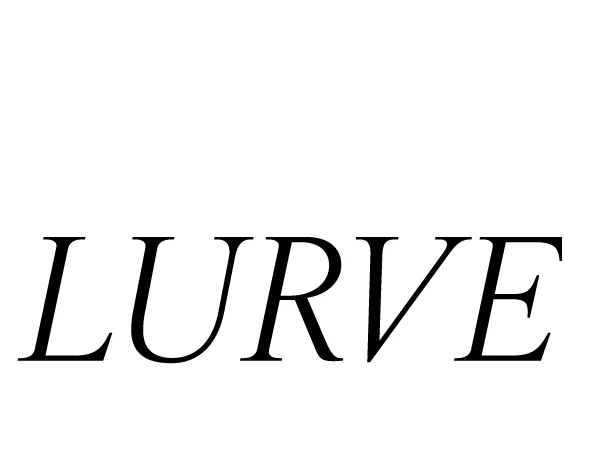



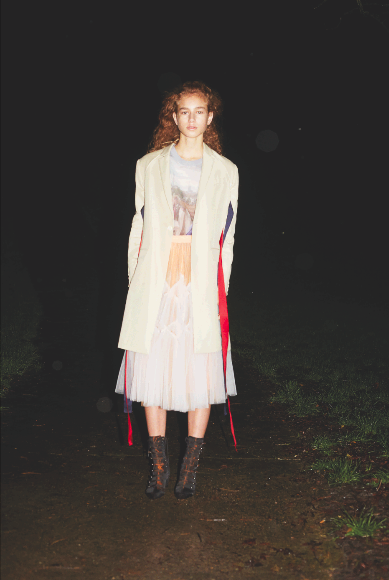
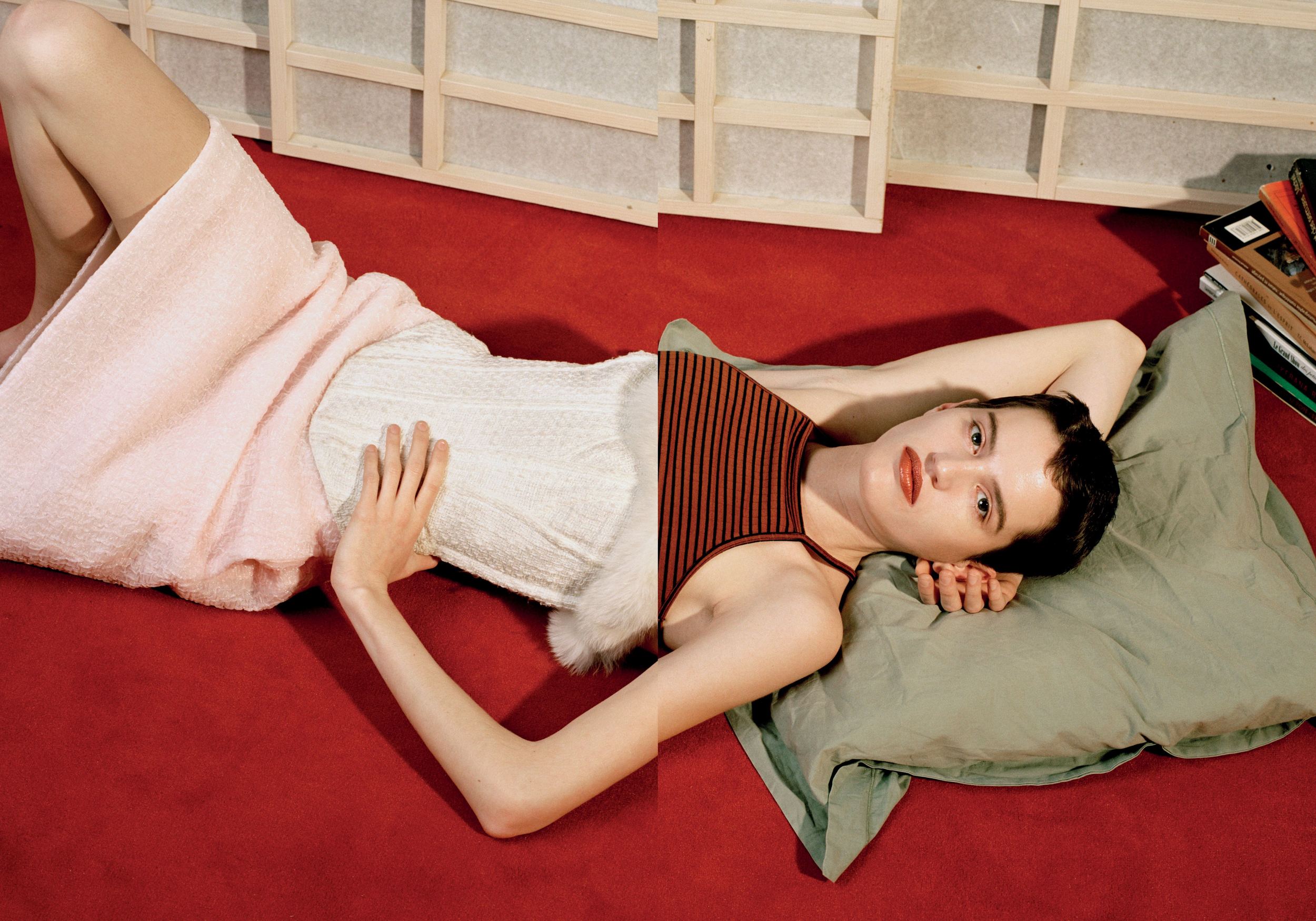
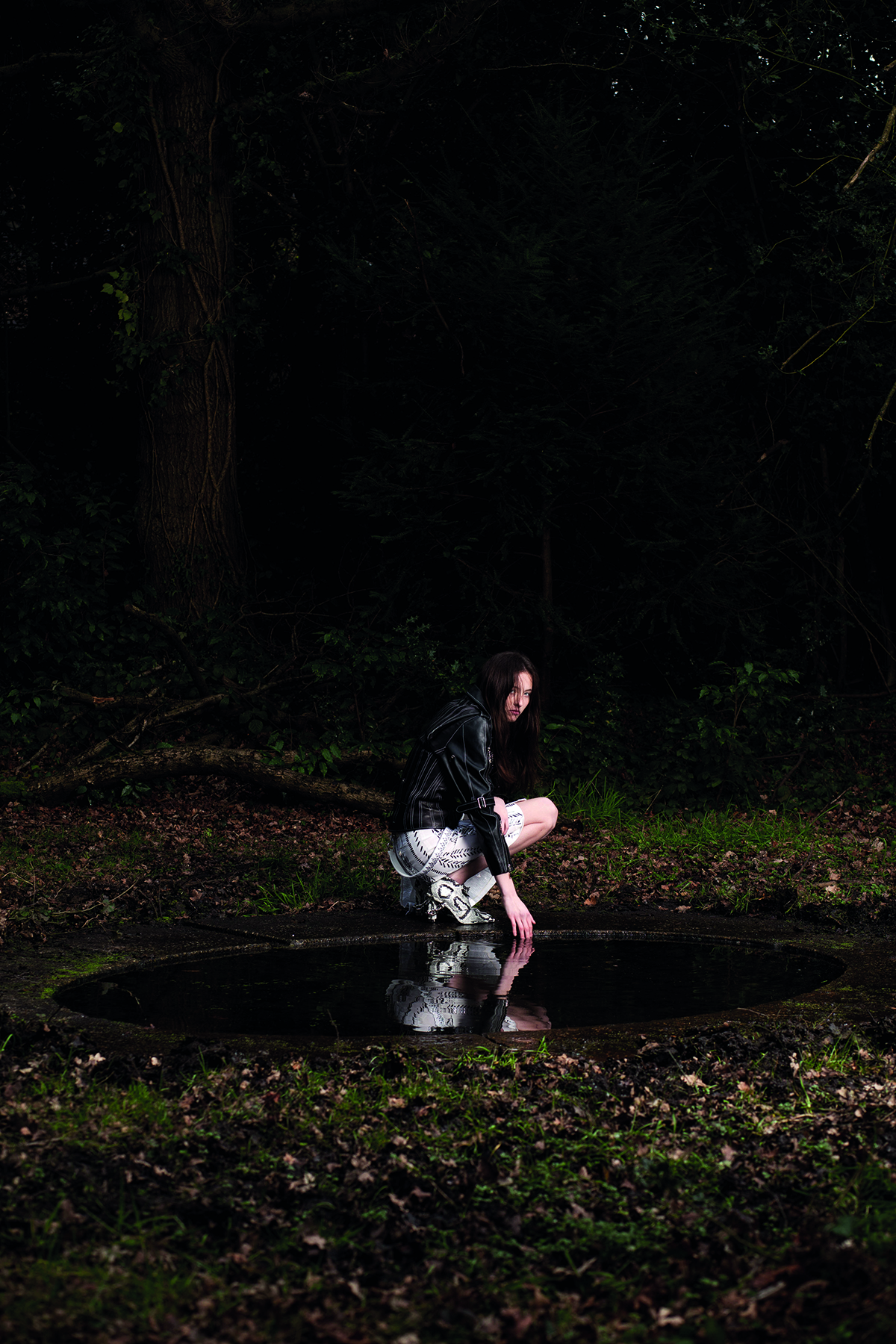
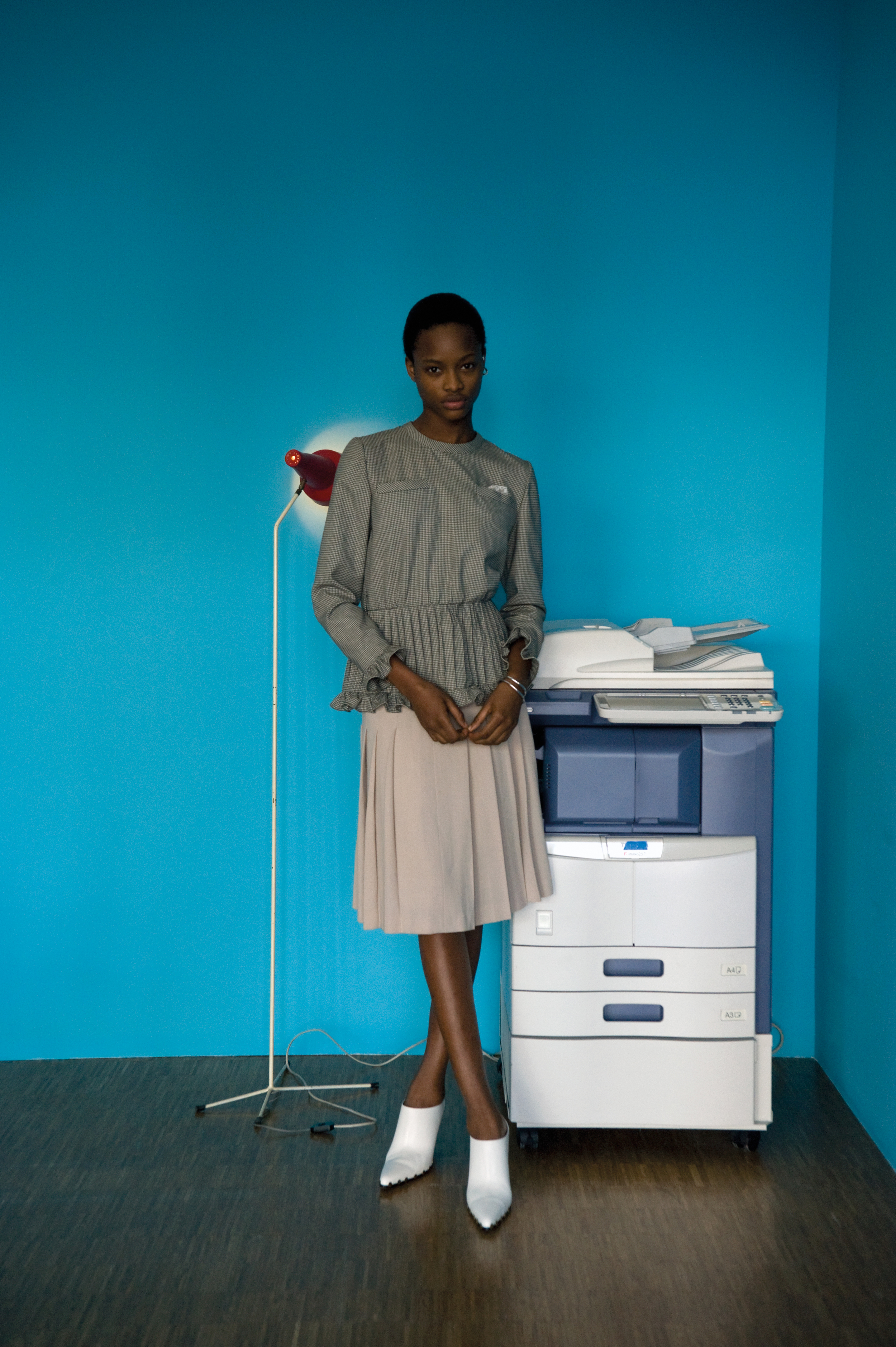
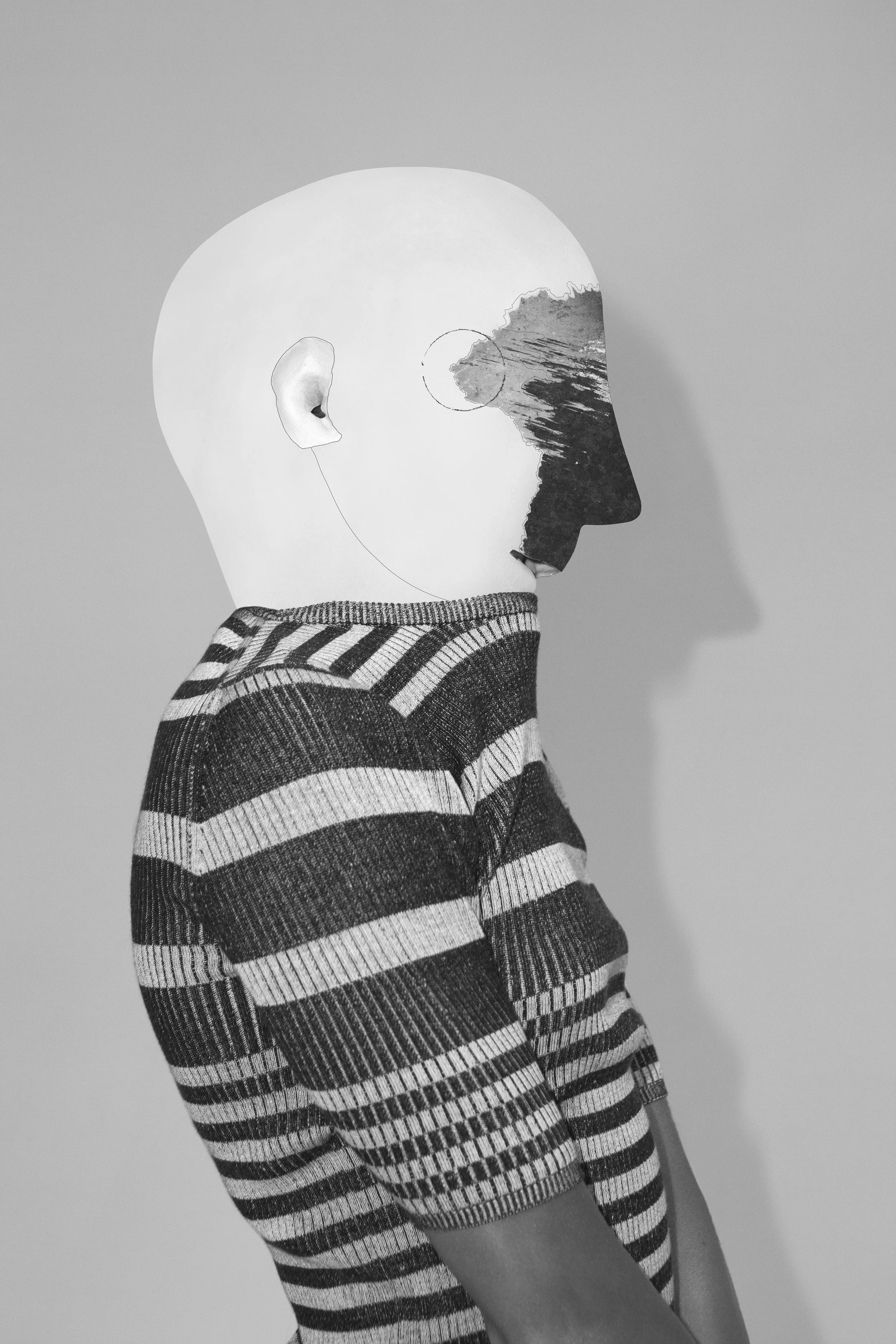



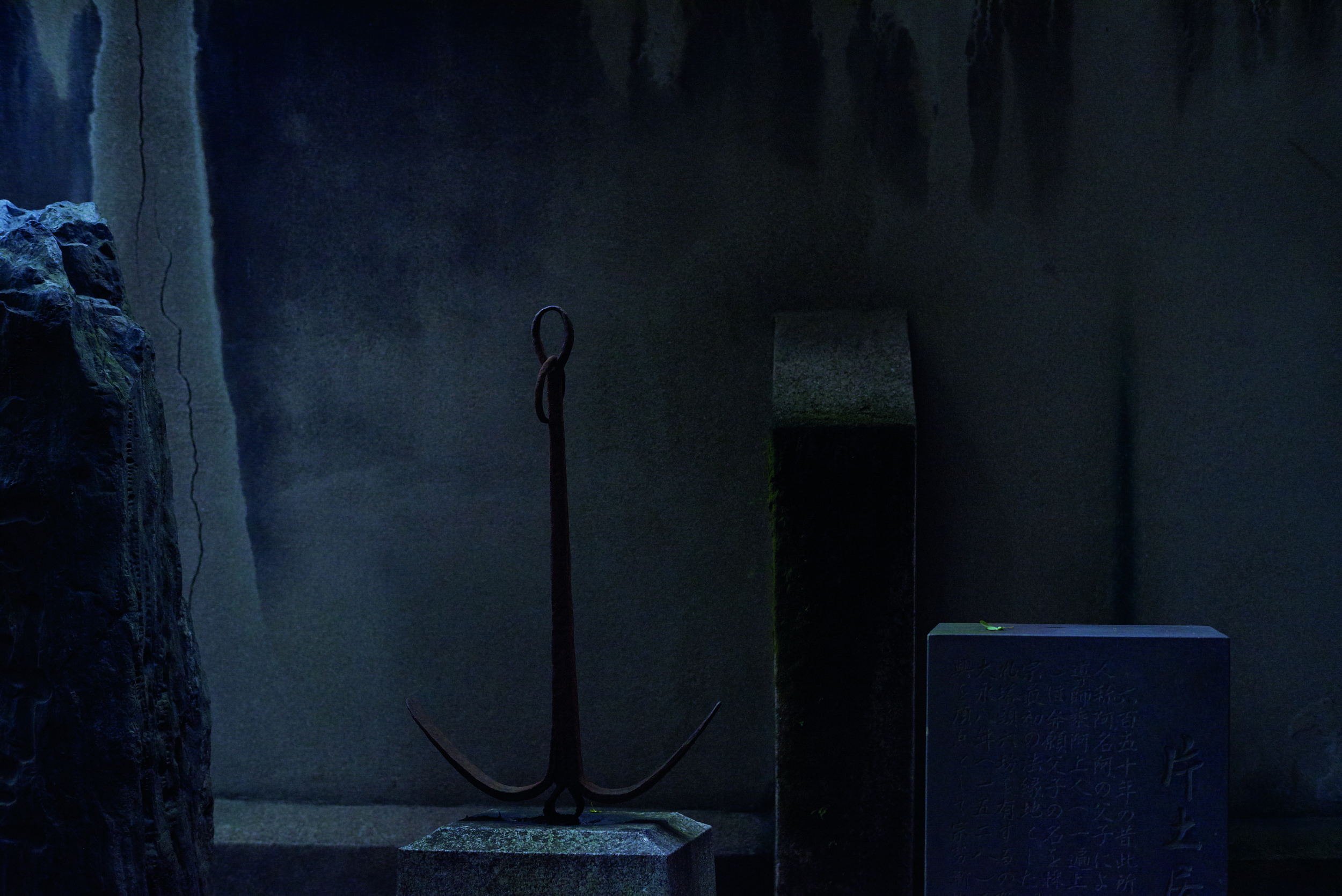
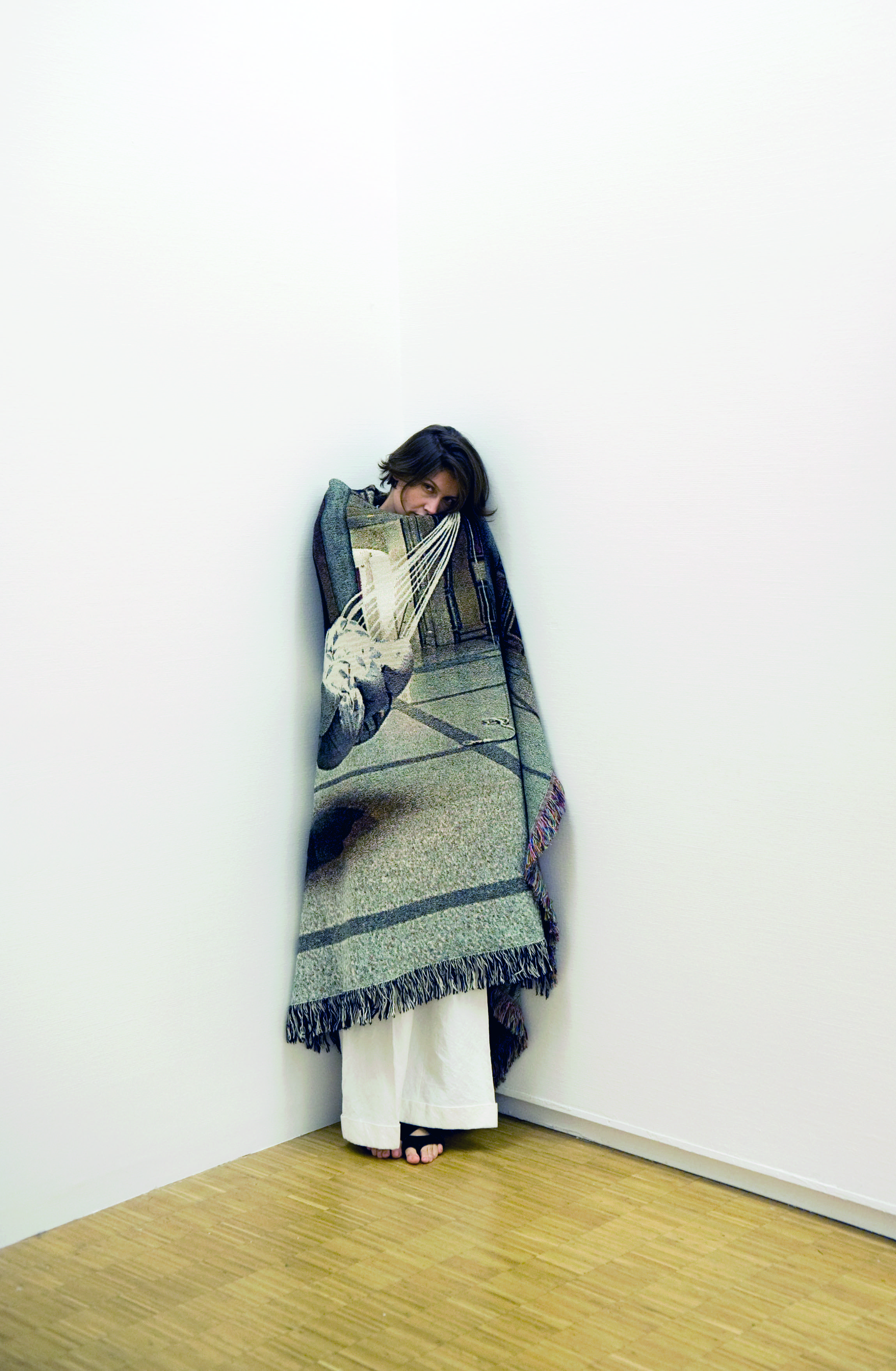
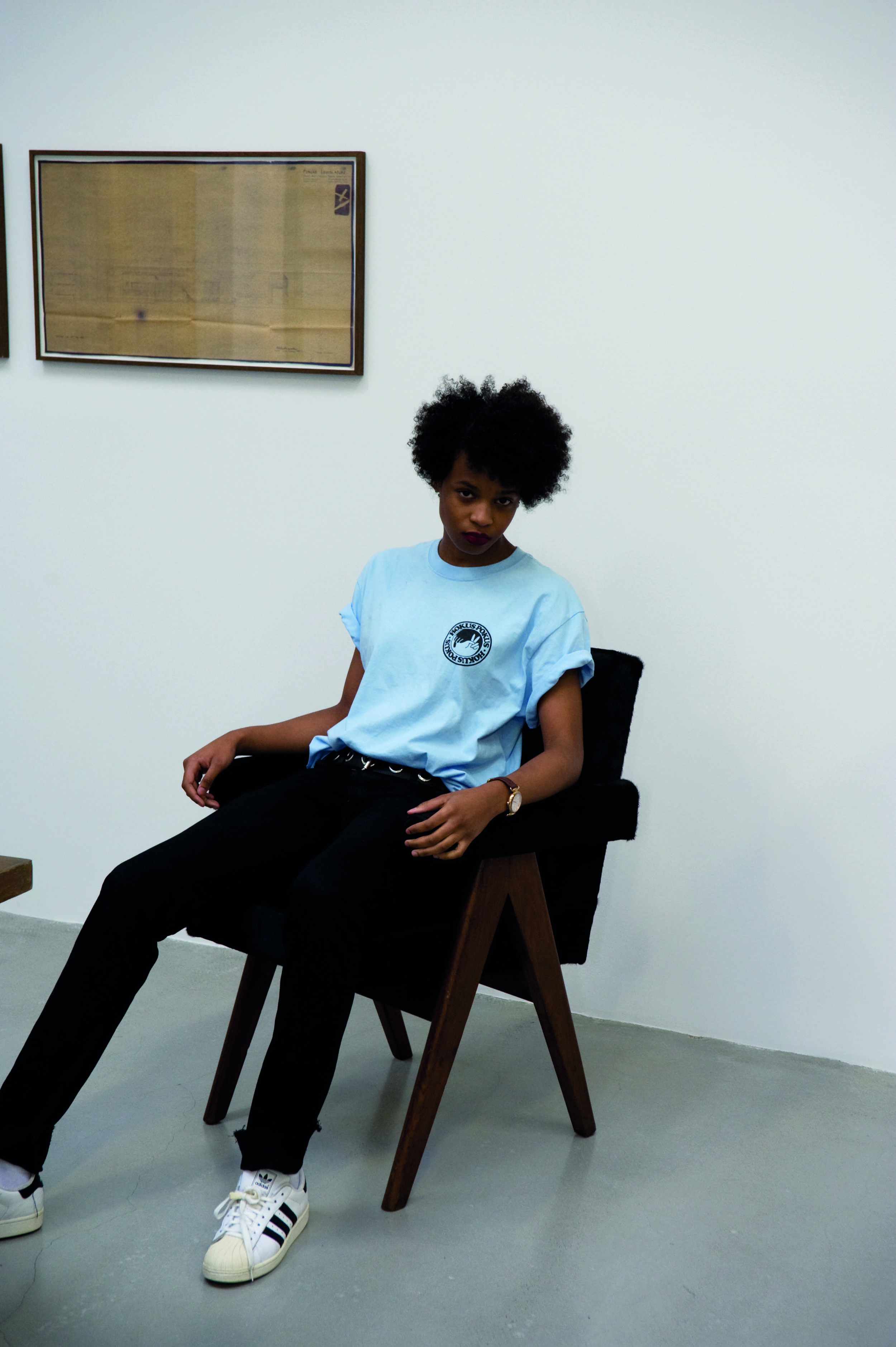
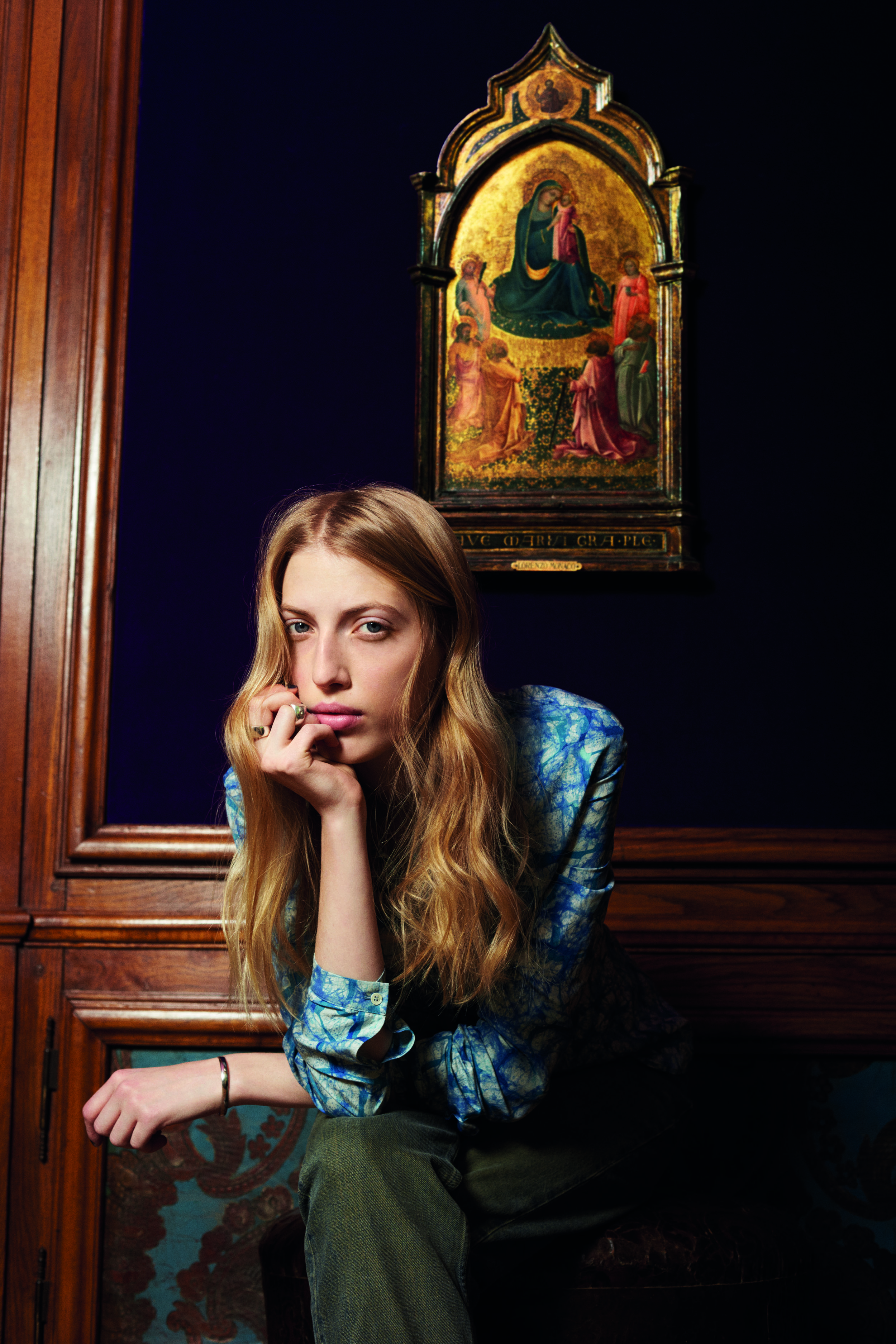

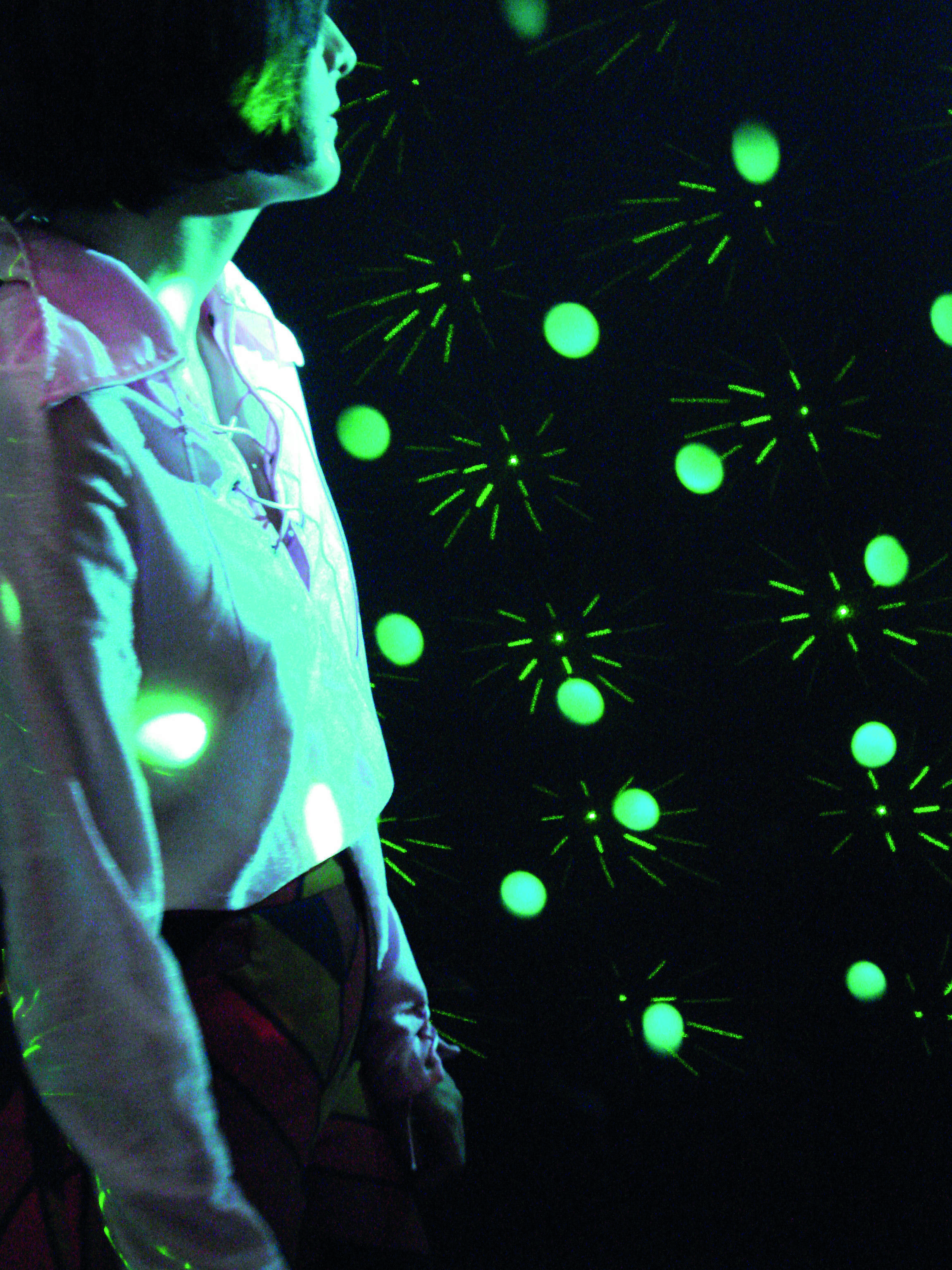
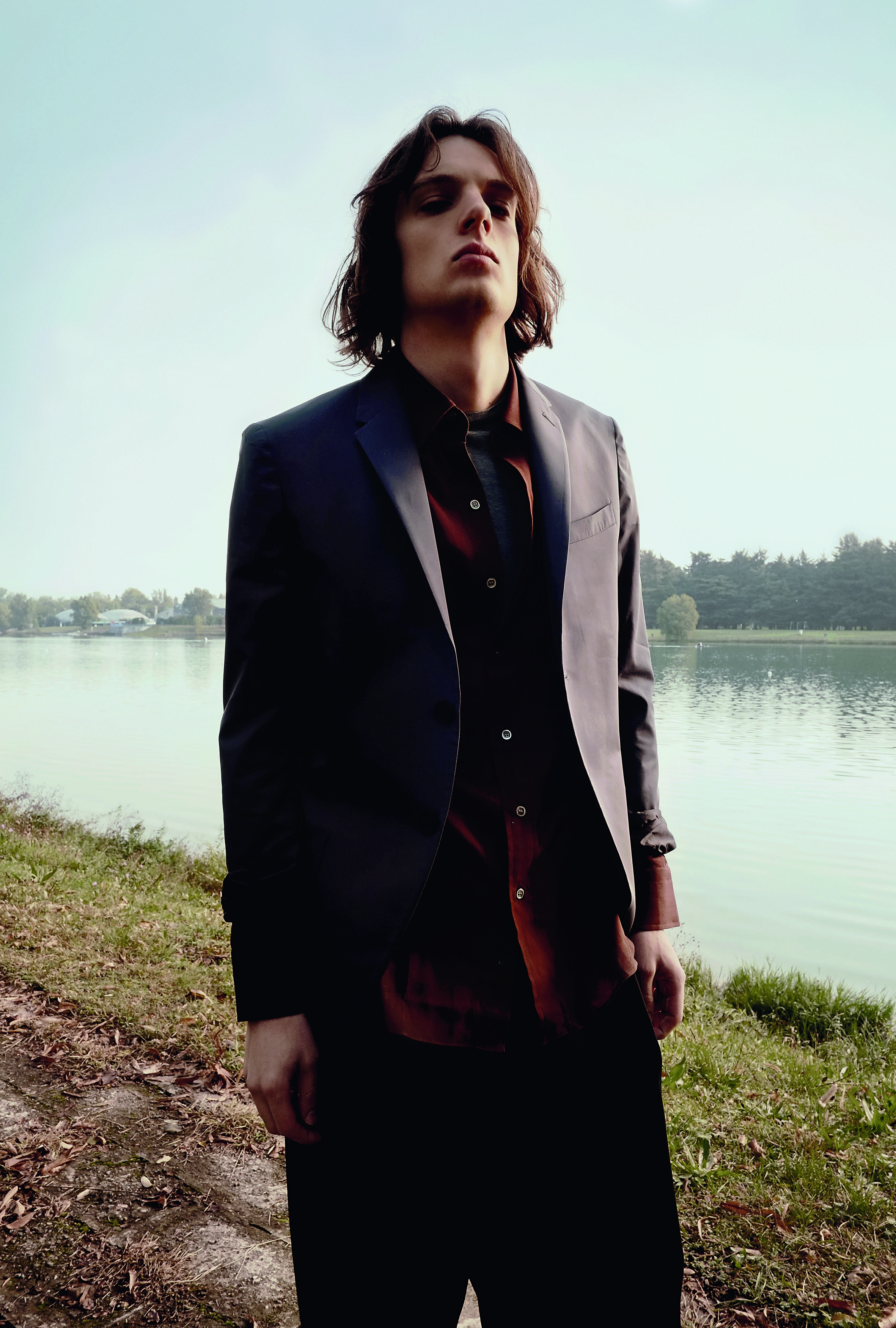
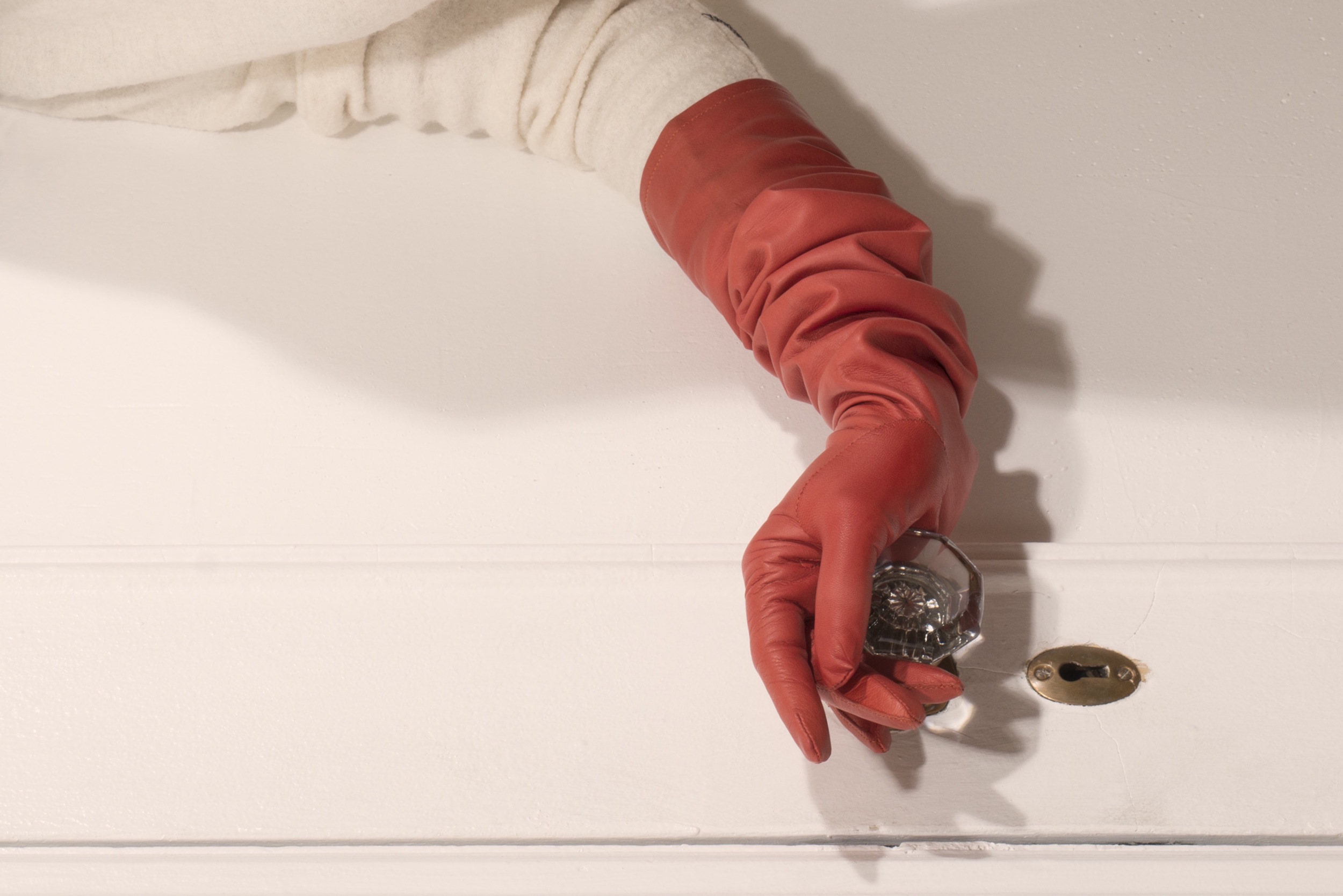
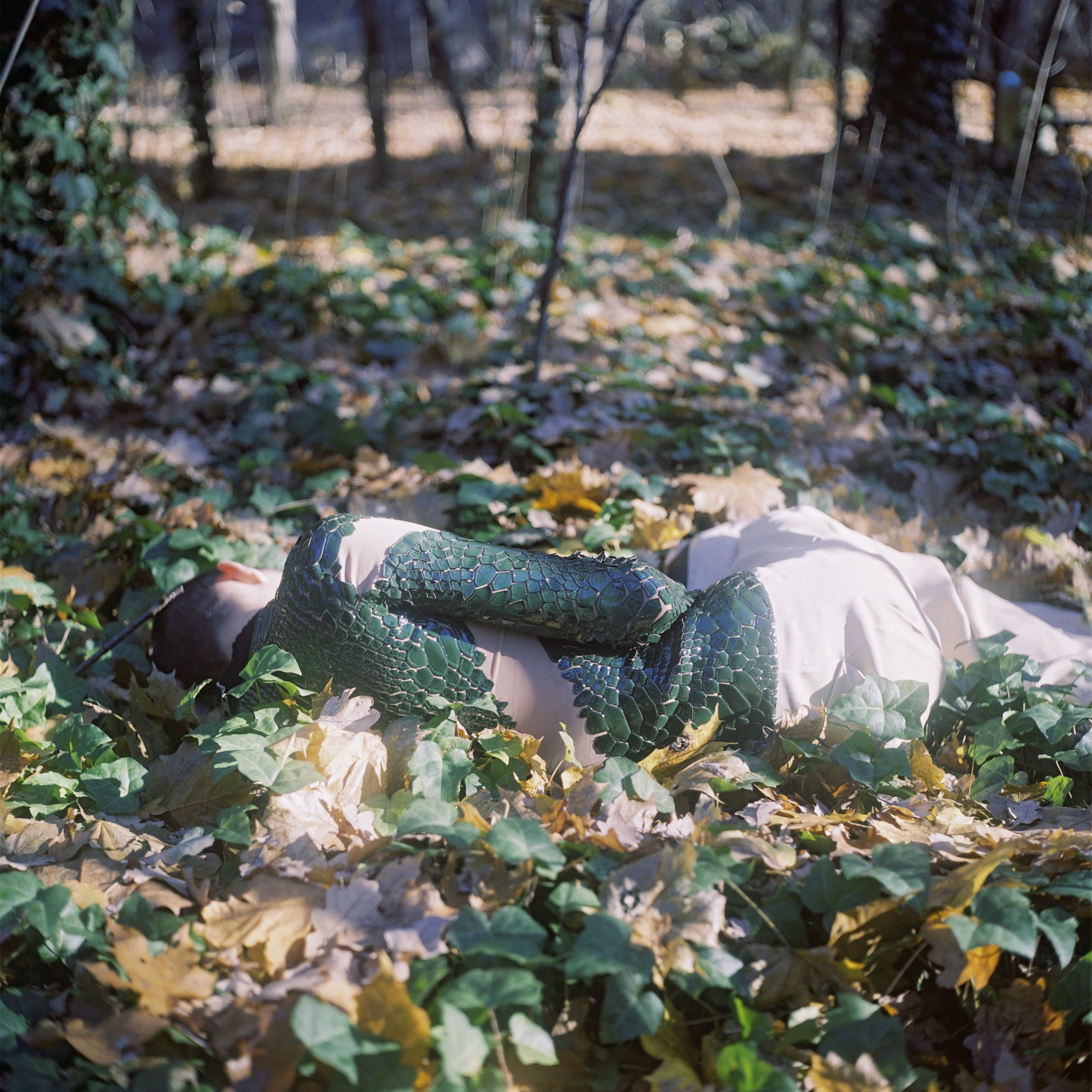
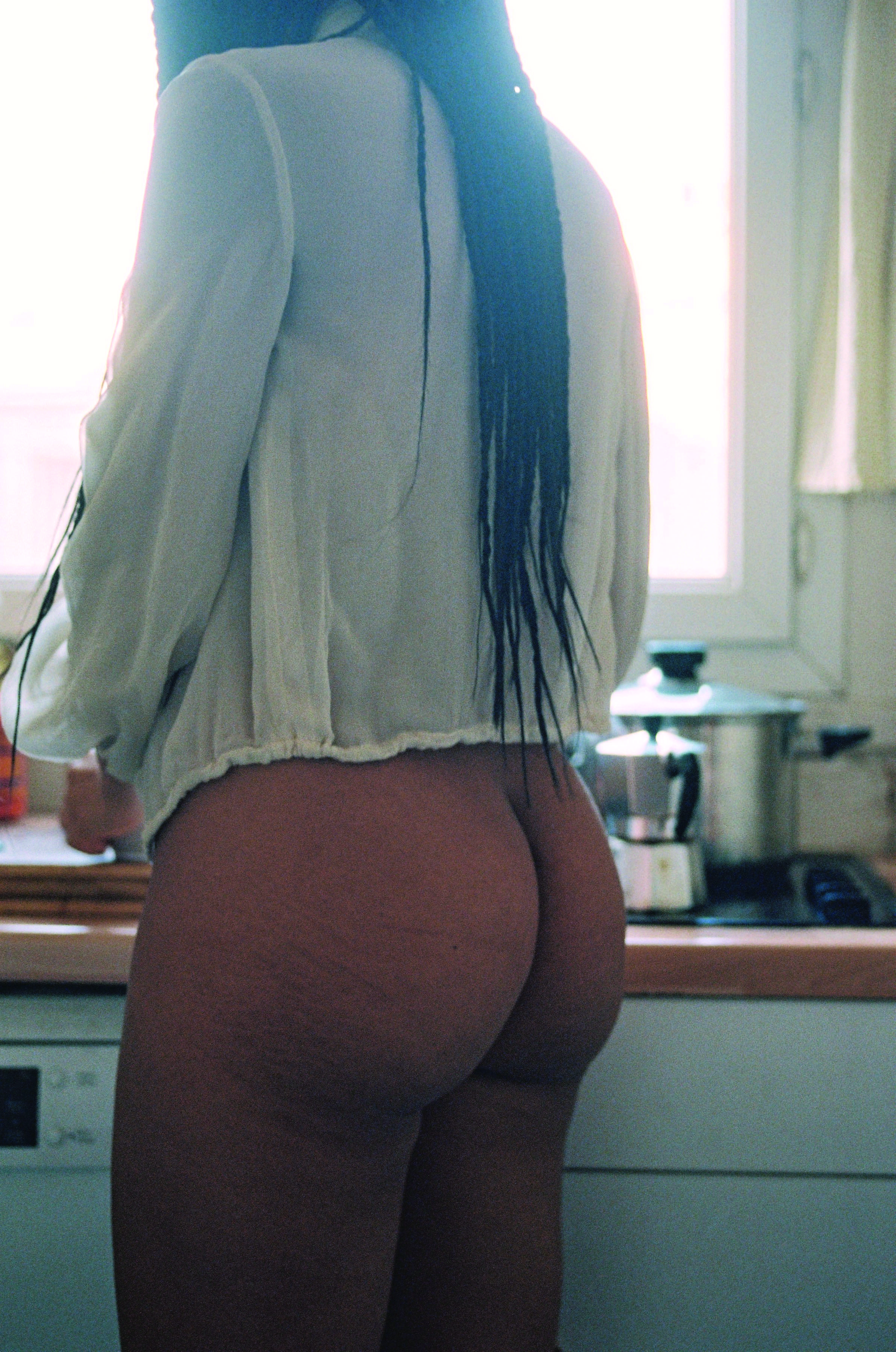
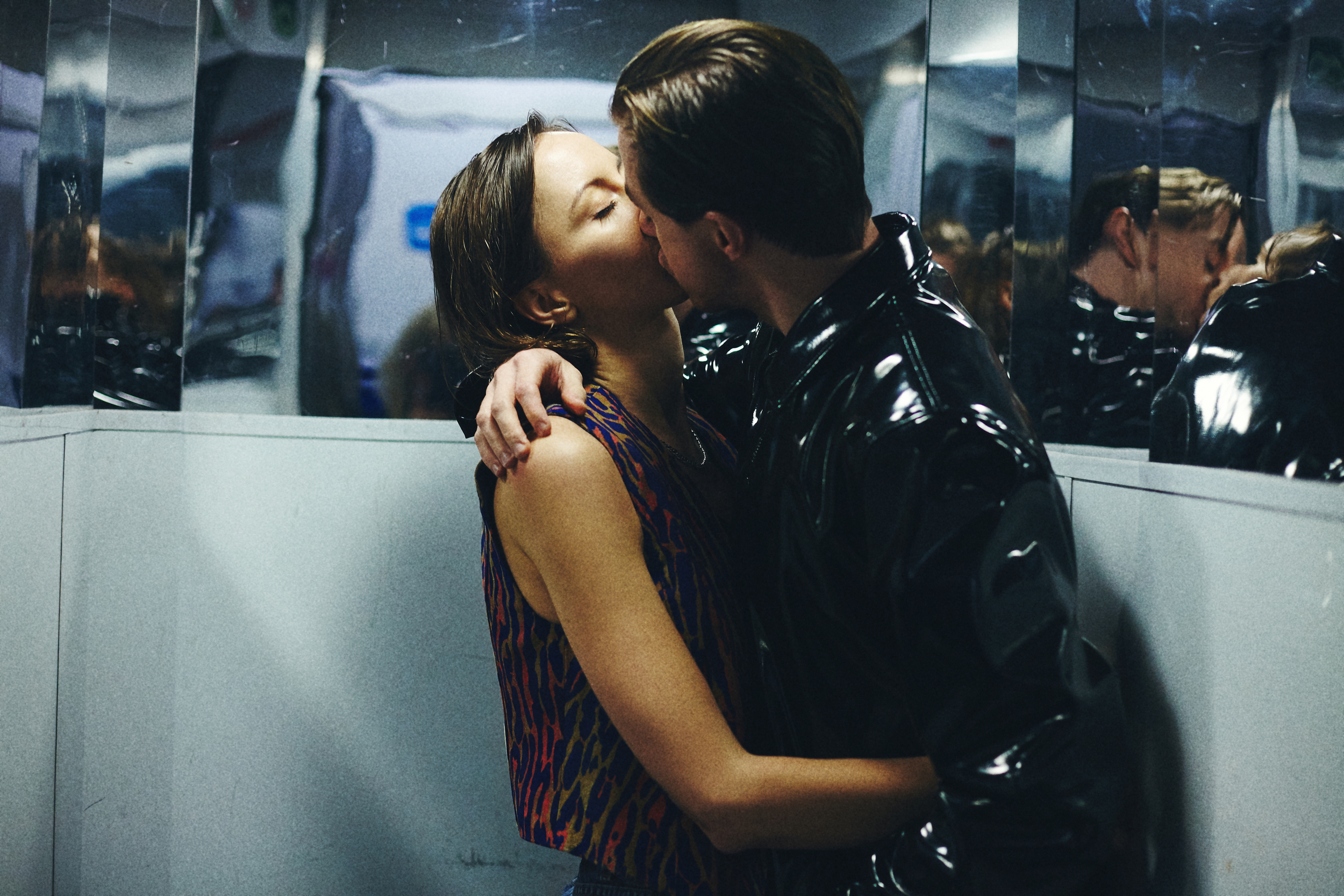
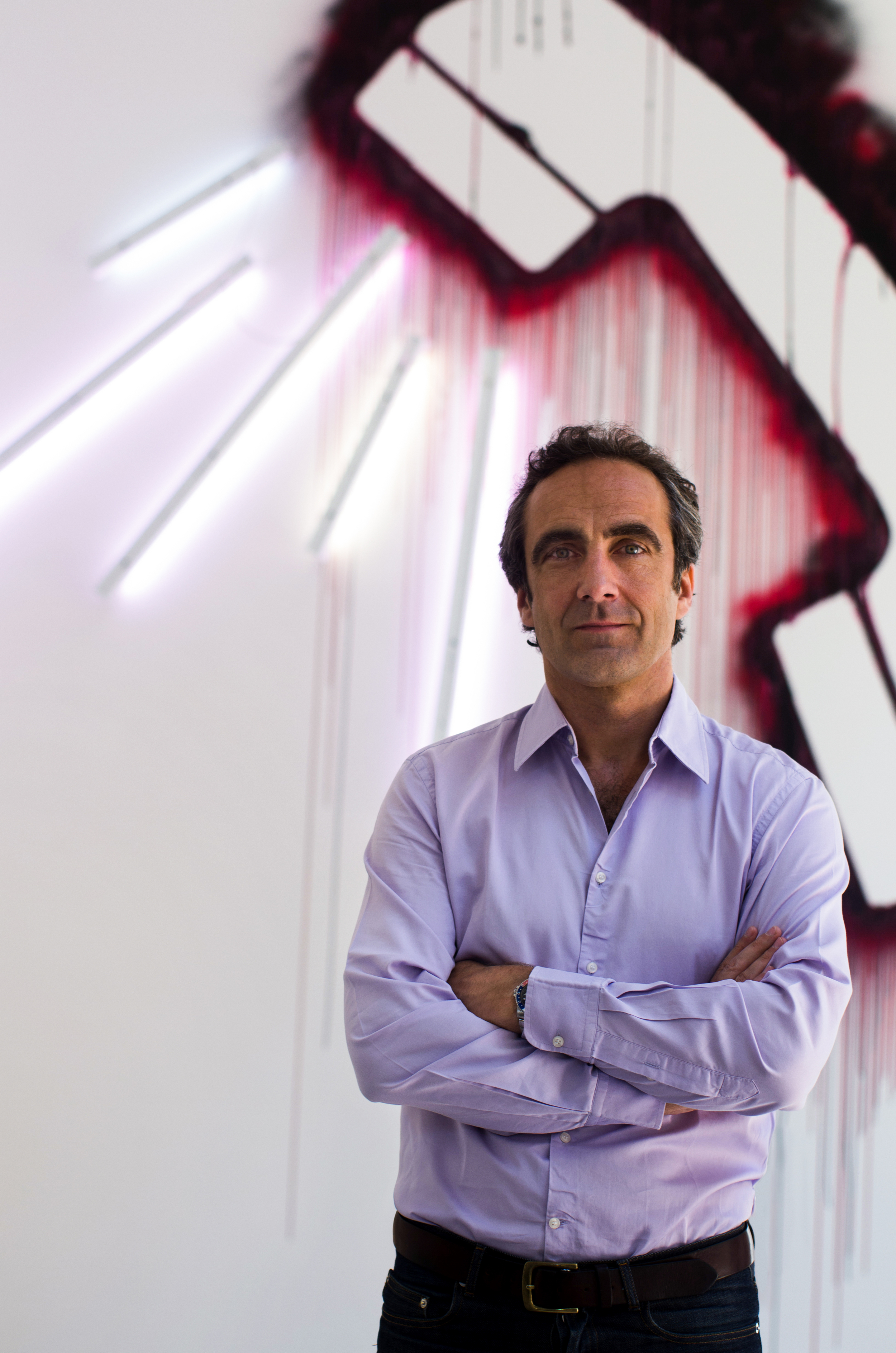

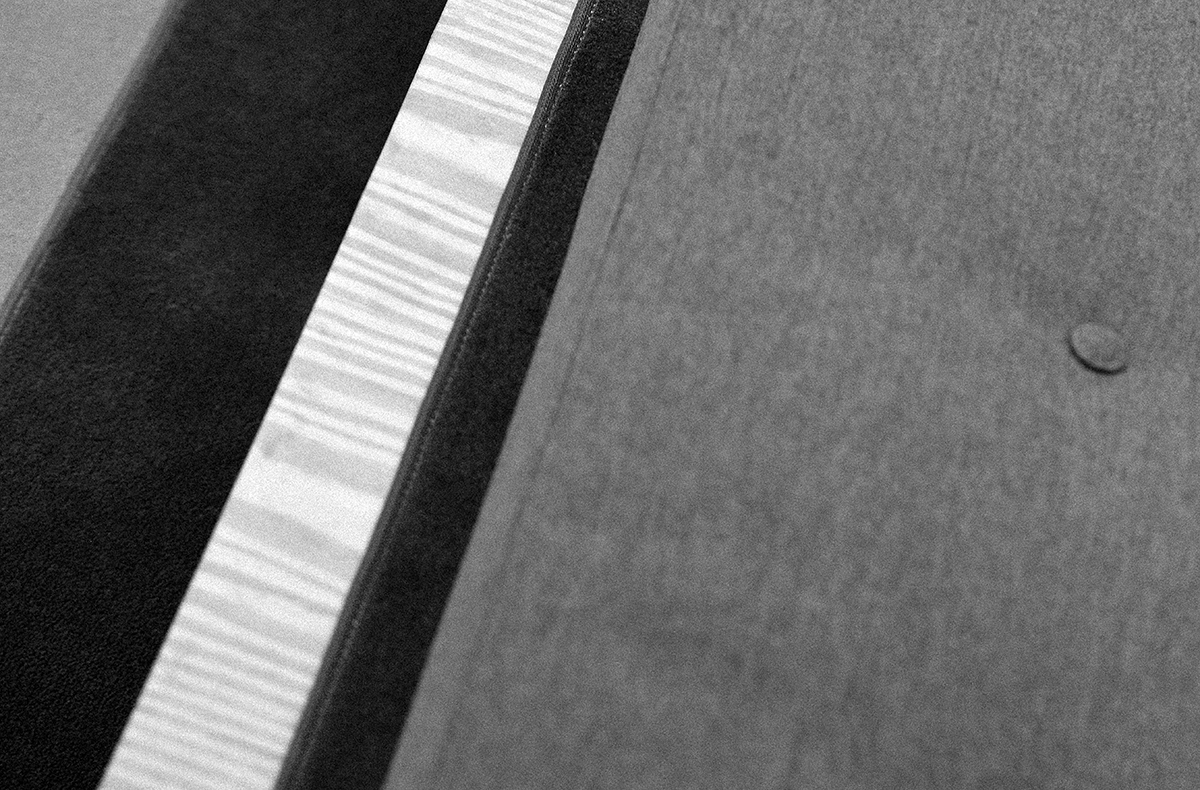

Hotel Tokyo / Yoshiyuki Okuyama / Hadarrah More